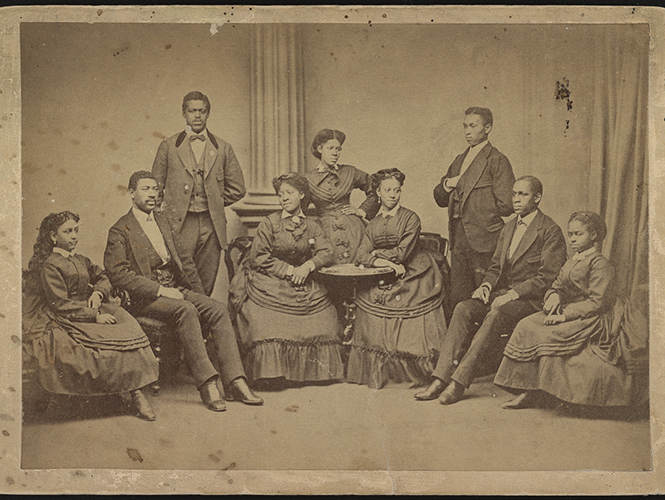African American Contributions To Horse Racing
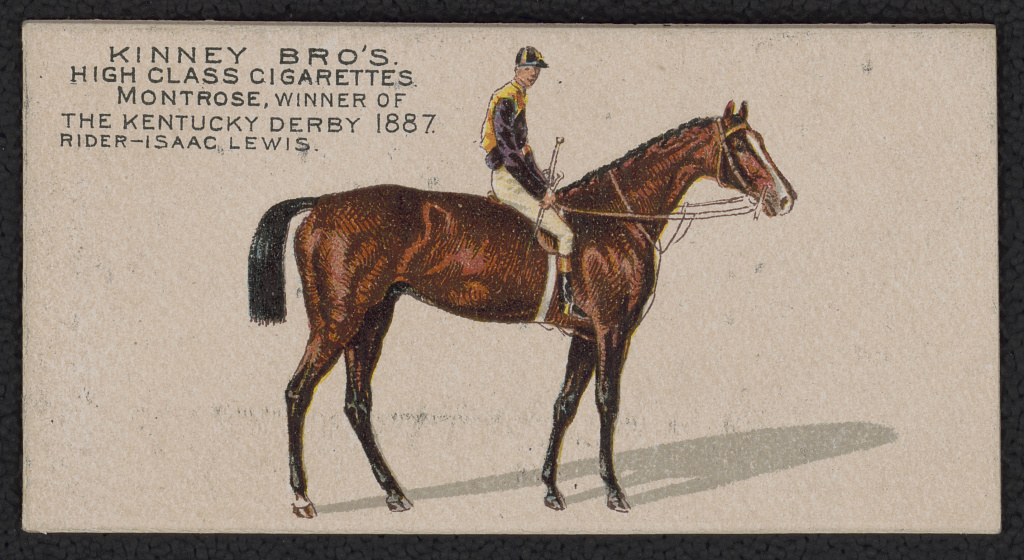
From the beginnings of the sport in the United States, and particularly from the early 19th century, African-Americans have made significant contributions to horse racing as trainers and jockeys.
At the first Kentucky Derby, in 1875, 13 of 15 jockeys were African American. Between 1890 and 1899, Black jockeys won six Derbies, one Preakness Stakes, and three Belmont Stakes.
However as horse racing increased in popularity across mainstream America, so too did the amount of money to be made, and African Americans found themselves suddenly excluded from riding and hired exclusively as stable hands. It wasn’t until 2000, 79 years later, before another Black jockey, Marlon St. Julien would ride in the Kentucky Derby.
Currently there are no African-Americans among the 128 members of the Jockey Club and only five people of color are employed out of 286 employees.
Discussion Question: What sports are you aware of that were established by people of color and now generally or exclusively associated with white athletes and audiences?
Additional Reading:
Decimation of the Black Farmer
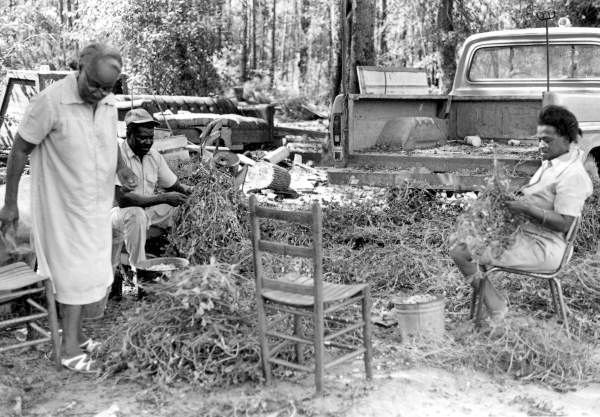
For nearly a century, racial discrimination in agriculture, exclusion from federal relief programs, and laws that preyed upon the economically disadvantaged have decimated the number of Black farmers in America from the nearly 1 million in 1920 (14% of farmers) to fewer than 50,000 today (1.3% of farmers).
Discussion Question: What image do you conjure when you think “farmer?” Why do you think that is?
Additional Reading:
- USDA Secretary Hopes to Boost Number of Black Farmers
- Timeline: Black Farmers and the USDA, 1920 to Present
Missing from the Top Player Lists
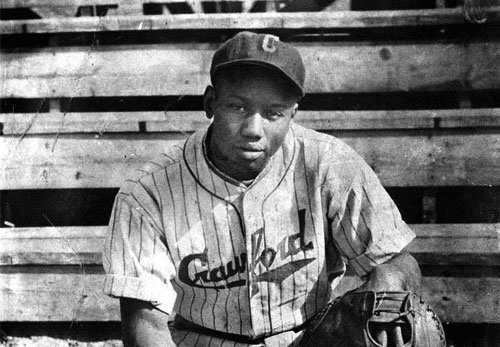
Google Top 10 or 100 Baseball players and you will find one thing consistent across posted lists; the exclusion of one of, if not the greatest hitters of all time, Josh Gibson. Although there are no “official” statistics, Negro League superstar Josh Gibson’s hitting prowess is legendary. With an official career batting average of .361 (Ty Cobb has the all-time MLB career average of .366), stories of 700-foot home runs, eighty-home-run seasons, and an “unofficial” home run count of 800, Josh Gibson is a larger-than-life legend. Not only was he known as the “Black Babe Ruth”, some fans at the time who saw both Ruth and Gibson play called Ruth “the white Josh Gibson.”
Discussion Question: Are you aware of any deserving “superstars” who are consistently left off of “Top 10 or 100” lists?
Additional Reading:
Nashville as “Music City”: A Conveniently Forgotten and Ignored History
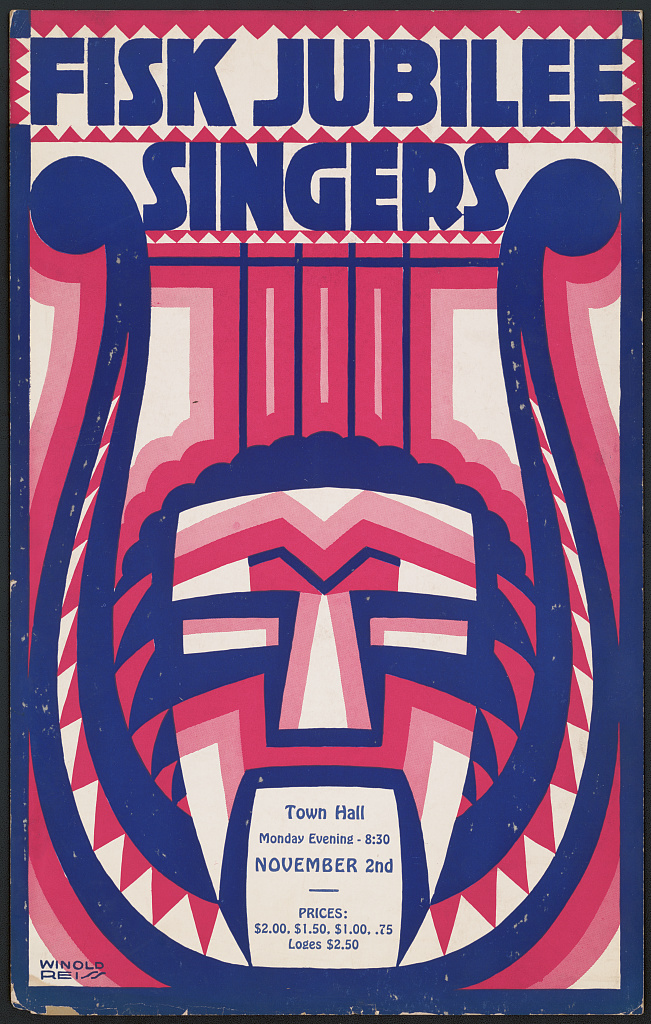
Asking even the few of us in Nashville who were born and raised here as to why we are called the “Music City” will 9 times out of 10 get you a response that “it has something to do with country music”. In fact, if you Google it, you’ll find overwhelming information that seems to confirm this misunderstanding, or rather misrepresentation.
The truth is a more remarkable story. One that has been conveniently downplayed and to this day remains largely uncorrected as there is less profit to be made around the actual origins of the nickname, at least amongst the mainstream Nashville business community.
The first around-the-world tour by a musical act was by the Fisk Jubilee Singers from Nashville’s Fisk University. The tour was in fact a part of a larger effort to help fund the school’s mission of educating people who were formerly enslaved after the Civil War. It is this tour, by these amazingly talented Black performers, that actually put Nashville on the map as a global music center. In fact, it was upon playing for the Queen of England, that she stated the Fisk Jubilee Singers must come from the “Music City.”
While you can find “Music City” on T-Shirts and all sorts of novelty items, plastered across billboards about town, printed in tourism materials, and broadcast on radio and tv, there is virtually no recognition outside of Fisk Campus of the contributions of Fisk Jubilee Singers to Nashville’s status as Music City. This year the Fisk Jubilee Singers celebrate their 150th Anniversary.
Discussion Question: What stories of historical or musical legacy theft can you share?
Additional Reading:
- Fisk Jubilee Singers Website – Learn about the singers, tour dates, and other events
These examples of Stolen History were compiled by CT3 Program Manager and Associate Dr. Richard Frank as part of CT3 CARES Campaign.
Check out CT3 Education programs such as No-Nonsense Nurturer, Real Time Teacher Coaching, and Real Time Leadership Coaching to find out more about Professional Development for Teachers and Leaders, classroom management strategies, and building relationships with students and their families, and properly addressing important issues in the classroom and school.
Category: Anti-Racism, Education

